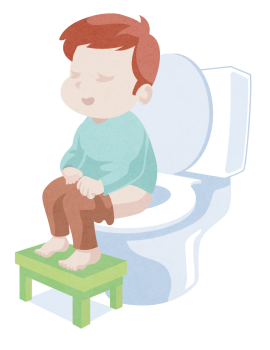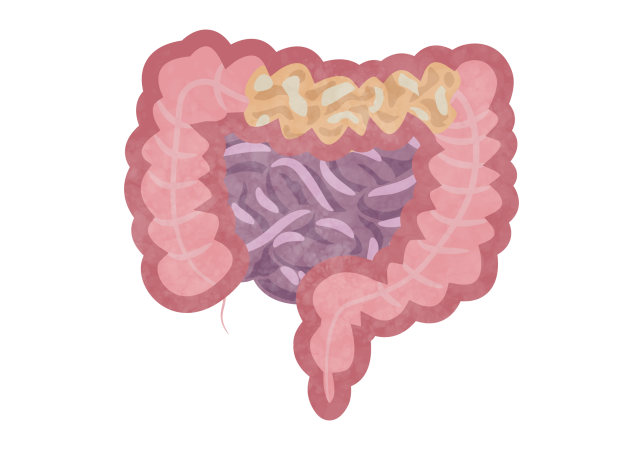
How to Help Your Kid Poop Consistently and Why This is Important
The digestive tract plays a major role in our overall health and immunity. A healthy digestive tract absorbs nutrients and water from digested food, and assists in the formation and excretion of waste products, in the form of stools. Our stools are high in toxic waste, so they need to be cleared regularly in order to prevent infections and medical conditions. Stools that stay in your child’s bowels longer than they should will tend to become drier and harder to pass out and this can lead to various discomforts in a child.
So how frequently should young children pass motion in order to ensure good health? During the first 6 weeks of a child’s life, expect at least 1 to 4 bowel movements per day, among other developmental outcomes. After the first month, your child might only pass stool every other day.


If your child has been struggling to poop, it might be an indication of a possible obstruction in the digestive tract. Very often, constipation occurs when waste or stool moves too slowly through the digestive tract, causing the stool to become hard and dry1. Constipation can lead to bowel obstruction in young children, or even more severe complications like dehydration. Other complications constipation might lead to are infections and jaundice, although these are rare.

What does passing motion consistently tell you about your child’s overall well-being? Easy and regular pooping show that your child’s digestive system is healthy and functioning normally. As bowel movement is one of the best ways your child’s body eliminates toxic and waste, it is beneficial for your child to pass out stool regularly. Stool that is passed regularly and is neither too hard nor too soft is a sign of a healthy digestive tract.
Now you know how to better monitor your child’s bowel movement. If your little one’s bowel movement is irregular or infrequent, don’t worry! There are also things you can do with your child. A few kinds of fruit and certain types of tea can also help him or her poop2.
Consistent baby poop is usually a healthy sign of good digestion. If constipation persists, it is recommended that you seek further advice from a paediatrician.
Sources




